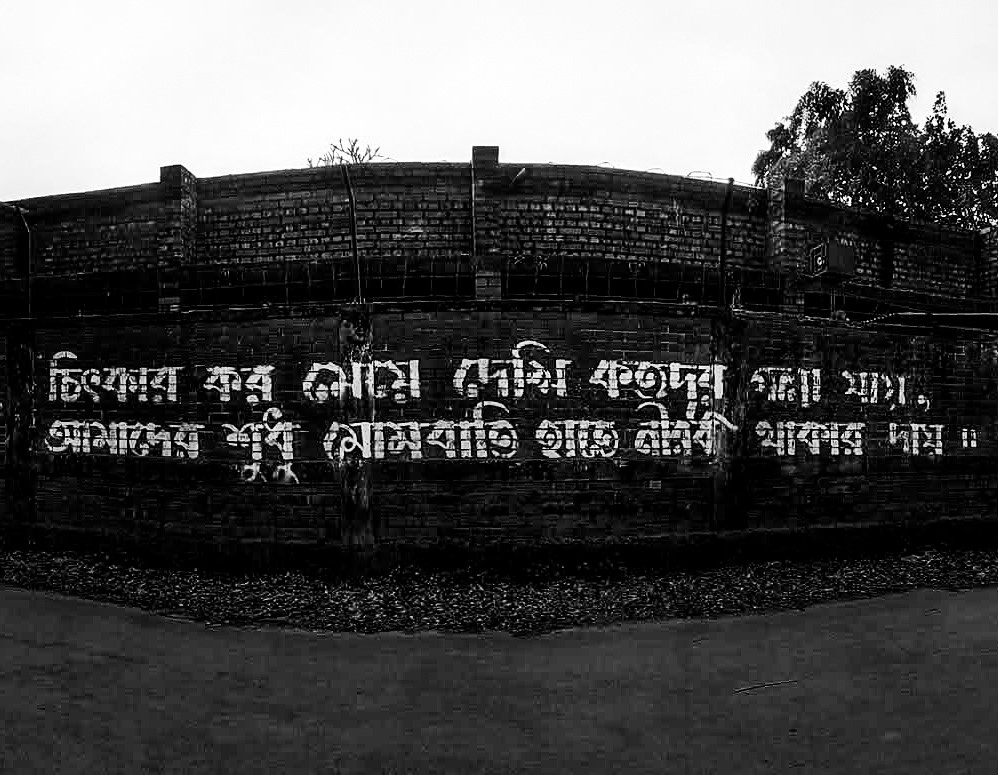Bangladesh is facing a disturbing rise in rape incidents, highlighting the urgent need for systemic reforms. This surge in sexual violence reveals deep-seated socio-economic, cultural, and legal issues. Students from major universities have led protests, demanding stricter laws and better victim protection. High-profile cases and the perceived impunity of offenders have fueled public outrage.
While the government has implemented reactive measures, skepticism remains high, emphasising the need for proactive community-based solutions. Social media has amplified calls for change, but also poses challenges with misinformation. Comprehensive policy interventions are essential to address the root causes and restore public trust.
Bangladesh has been grappling with an alarming surge in rape incidents in recent weeks, a phenomenon that has significantly strained the socio-political fabric of the nation. This unsettling rise in sexual violence not only underscores the dire need for systemic reforms but also illuminates the multidimensional socio-economic, cultural and legal factors contributing to this crisis.
The escalation in rape cases has triggered widespread public outcry and mobilised large-scale protests, particularly among the youth. Students from prominent institutions such as BRAC University and University of Dhaka have organised demonstrations, fervently calling for stringent enforcement of existing laws, the establishment of specialised tribunals to expedite rape cases, and the implementation of comprehensive victim protection measures.
These protests are indicative of a broader societal discontent with the inefficacies of the current legal framework and the pervasive culture of impunity that emboldens perpetrators.
From January to September 2020, Ain O Salish Kendra, a Bangladesh-based human rights organisation, revealed that over 1,000 women were raped, with 43 of those women dying and more than 200 others evading rape attempts. This proliferation in rape incidents can be explained by the fact that the prevalence of sexual violence in Bangladesh is deeply entrenched in patriarchal norms and societal structures that perpetuate gender-based discrimination.
Normalisation of such violence within certain communities, compounded by the societal stigma attached to survivors, significantly hinders the reporting and adjudication of rape cases. This systemic failure not only deprives survivors of justice but also perpetuates a cycle of violence and impunity.
In 2025, the situation has only worsened. Students from Jagannath University staged a protest on February 26 2025, demanding an end to murder, rape, mugging, robbery and mob violence across the country. A very recent case involved a rape accused fleeing after attacking police officers in Kurigram on February 25 2025.
The incident occurred when a three-member police team, led by Sub-Inspector Awal Hossain, went to arrest the rapist at his aunt’s house in Dhanarchar village. Raju, who was accused of raping a physically challenged schoolgirl on February 17, was found hiding with his family. During the arrest, Raju’s family members attacked the police, allowing him to escape while still handcuffed. Sub-Inspector Awal Hossain was injured in the incident and later received treatment at the local health complex.
On the other hand, in Dinajpur, a significant case unfolded this week when Saiful Islam, who had been serving a life sentence for the rape and attempted murder of a five-year-old girl in 2016, was released after eight years in jail. The incident originally occurred on October 18 2016, when the young girl was abducted, raped, and left in critical condition in a field near her home. Saiful was arrested shortly after and had been in prison since then. Despite the severity of his crime, his release has sparked outrage and concern among the public and the victim’s family, who continue to seek justice and healing for the young girl.
At the same time, a reported rape on a moving bus traveling from Dhaka to Rajshahi on February 17 2025, was later declared untrue by the Ministry of Home Affairs. This incident highlights the pervasive fear and insecurity among the public and serves the agenda of fear mongering.
Social media has played a pivotal role in shaping public discourse and galvanizing collective action, reinforcing the transformative potential of digital technologies in democratising information and empowering civil society. Nevertheless, while platforms such as Facebook and Twitter have served as essential tools for organising protests, disseminating information and holding authorities accountable, this particular incident of the false accusations necessitates a critical examination of the challenges posed by misinformation and the ethical considerations surrounding digital activism.
Widespread disorder and instability have further exacerbated the crisis, contributing to a climate where rapists operate with little fear of retribution. The failure of law enforcement agencies to effectively investigate and prosecute rape cases has resulted in a lack of accountability, emboldening offenders.
Widespread disorder and instability have further exacerbated the crisis, contributing to a climate where rapists operate with little fear of retribution. The failure of law enforcement agencies to effectively investigate and prosecute rape cases has resulted in a lack of accountability, emboldening offenders. This environment of impunity is further compounded by political interference and corruption that undermine the rule of law. The judiciary’s inability to deliver swift and fair justice has left many survivors without recourse, reinforcing the perception of a broken legal system. The correlation between economic deprivation, unemployment and the propensity for criminal behavior is also well-documented.
In the context of Bangladesh, the socio-economic dislocation caused by rapid urbanisation and economic disparities has contributed to an environment where violent crimes, including rape, have become more prevalent. This socio-economic backdrop highlights the need for holistic and inclusive policy interventions that address the root causes of crime, rather than merely its symptoms.
The government’s response to the rising incidence of rape has involved several reactive measures, including increased police patrolling and the initiation of special operations aimed at curbing violent crimes. However, these initiatives have largely been viewed with skepticism by the public, given the lack of sustained results and the persistent challenges in law enforcement.
From a policy analysis standpoint, the reactive nature of these measures accentuates the deficiencies in strategic planning and the need for comprehensive, proactive approaches that involve community engagement and preventive strategies.
LAM-YA TASNIM works at Central Foundation for International and Strategic Studies (CFISS)


